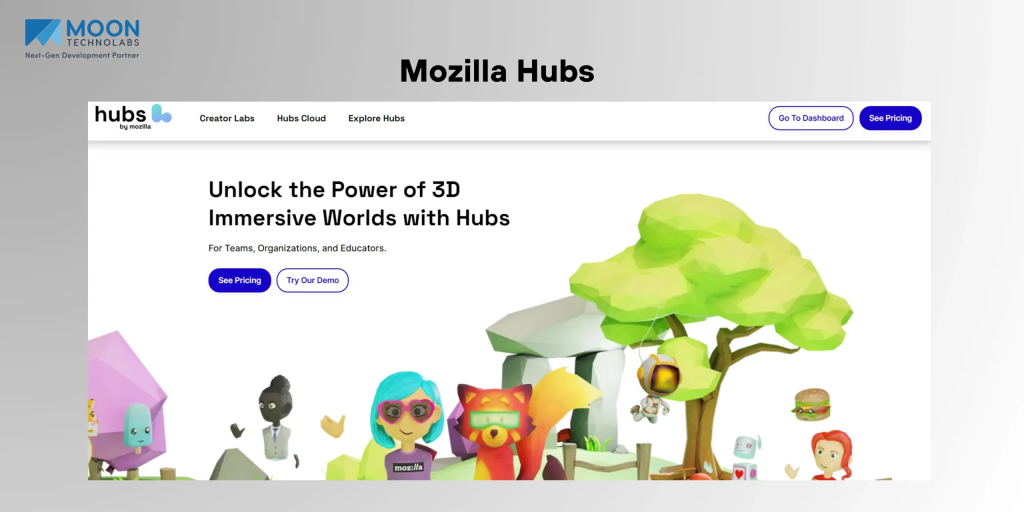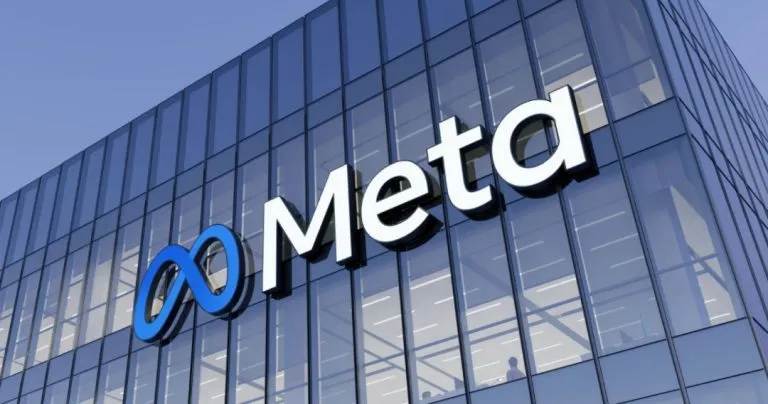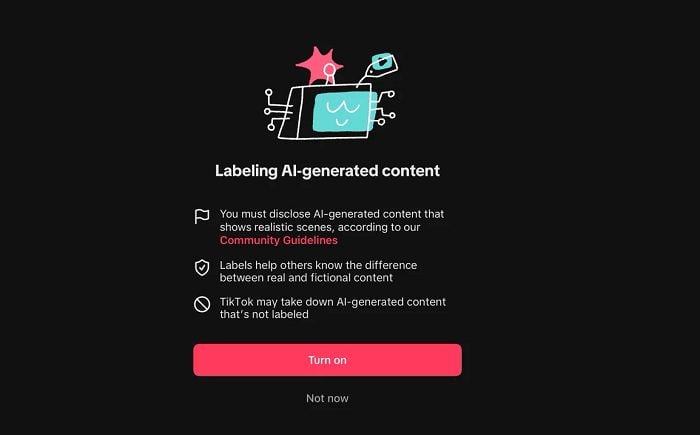Developer Hubs Empowering External Projects with Innovative Tools:
In an exciting development for the tech industry, Meta has unveiled its latest initiative: the launch of new developer hubs designed to facilitate and support external projects. This move reflects Meta’s commitment to fostering innovation and collaboration among developers while enhancing the overall ecosystem of applications and services that leverage its vast platforms. By providing essential resources and streamlined access to Meta’s technologies, these developer hubs aim to empower creators and businesses to build cutting-edge solutions that can benefit users worldwide. This article will delve into the details of the new developer hubs, their features, the implications for developers, and what this means for the broader tech landscape.
Table of Contents
Understanding the Purpose of Developer Hubs
Developer hubs are dedicated platforms where developers can access tools, resources, and support to create applications and services that integrate with Meta’s ecosystem. These hubs serve as centralized locations for developers to find the information they need, connect with fellow creators, and access Meta’s APIs and software development kits (SDKs).
The primary objective of these developer hubs is to simplify the development process, making it easier for external developers to harness the power of Meta’s technologies. By offering a supportive environment, Meta aims to stimulate innovation and creativity, allowing developers to bring their ideas to life more efficiently.
Key Features of the New Developer Hubs
- Comprehensive Documentation: One of the standout features of the developer hubs is the extensive documentation available to developers. This includes detailed guides, tutorials, and best practices that help users navigate the complexities of integrating with Meta’s platforms.
- API Access: Developers will have streamlined access to a variety of APIs that enable them to connect their applications to Meta’s services. This access allows for the integration of features such as social sharing, user authentication, and data analytics.
- Community Engagement: The developer hubs will foster a vibrant community where creators can interact, share ideas, and collaborate on projects. Forums and discussion boards will facilitate knowledge sharing and problem-solving, making it easier for developers to connect and learn from one another.
- Support and Resources: Meta is committed to providing robust support for developers through these hubs. This includes access to technical support, resources for troubleshooting, and opportunities for feedback on new features or tools.
- Showcase Opportunities: Developers will have the chance to showcase their projects within the hub. This exposure can lead to collaboration opportunities, partnerships, and increased visibility for their applications, driving user engagement and growth.
Benefits for Developers
- Streamlined Development Process: With comprehensive resources and support, developers can navigate the integration process more easily. This streamlining can significantly reduce development time and improve efficiency, allowing developers to focus on innovation.
- Access to Cutting-Edge Technologies: By leveraging Meta’s APIs and technologies, developers can create applications that are more robust and feature-rich. This access allows for the development of tools that enhance user experience and engagement across Meta’s platforms.
- Networking Opportunities: The community aspect of the developer hubs provides an invaluable networking opportunity. Developers can connect with industry peers, potential collaborators, and even investors, fostering relationships that can lead to exciting new projects.
- Feedback and Iteration: Engaging with a community of developers allows for quick feedback and iteration. Developers can test their ideas and gather insights from others, helping them refine their projects and make informed decisions.
- Monetization Potential: By developing applications that integrate with Meta’s platforms, developers can tap into new revenue streams. Whether through direct monetization strategies or increased user engagement, the potential for financial success is significant.

Developer Hubs
Implications for the Tech Industry
- Stimulating Innovation: Meta’s initiative to launch developer hubs is likely to stimulate innovation within the tech industry. By empowering external developers, the company is encouraging the creation of new applications and services that can enrich its ecosystem.
- Ecosystem Growth: The launch of these hubs can lead to the growth of Meta’s ecosystem, with more applications and tools being developed that complement its existing services. This growth benefits not only Meta but also users who will have access to a wider array of functionalities.
- Strengthening Developer Relationships: By investing in developer support and resources, Meta is building stronger relationships with the developer community. This collaboration can lead to increased loyalty among developers, as they feel supported and valued.
- Enhanced User Experience: As developers create new tools and applications, users can expect an enhanced experience across Meta’s platforms. This improvement in user experience can lead to increased engagement and satisfaction, further solidifying Meta’s position in the market.
- Competitive Advantage: By fostering innovation and providing robust support for developers, Meta may gain a competitive advantage over other tech companies. As more developers create solutions that leverage Meta’s technologies, the platform can strengthen its market position and attract more users.
Future Developments and Expectations
As Meta continues to evolve its developer hubs, several trends and developments are likely to emerge:
- Expanded Tools and Features: Meta may continue to expand the tools and features available to developers, responding to their feedback and the evolving landscape of technology. This adaptability will ensure that the hubs remain relevant and valuable.
- Increased Collaboration: The developer hubs may foster collaboration not only among developers but also with other tech companies. By encouraging partnerships, Meta can drive innovation and create synergies that benefit all parties involved.
- Focus on Emerging Technologies: As new technologies such as artificial intelligence, augmented reality, and virtual reality gain traction, Meta may introduce specialized resources within the developer hubs to support these advancements. This focus will keep developers at the forefront of emerging trends.
- Regular Updates and Improvements: Meta is likely to implement regular updates to the developer hubs, incorporating user feedback and industry best practices. This continuous improvement will ensure that developers have access to the latest information and tools.
- Global Expansion: As Meta looks to enhance its developer hubs, there may be opportunities for global expansion. By tailoring resources and support to different regions, Meta can tap into diverse talent pools and foster innovation on a global scale.
Conclusion
Meta’s launch of new developer hubs marks a pivotal moment for the company and the broader tech community. By providing essential resources, support, and opportunities for collaboration, Meta is empowering developers to create innovative applications that enrich its ecosystem. This initiative not only benefits developers but also enhances user experiences and drives growth within the tech industry.
As Meta continues to invest in its developer community, the potential for innovation and creativity is vast. The launch of these hubs reflects a commitment to fostering a collaborative environment where ideas can flourish and where external developers are equipped with the tools they need to succeed. In a rapidly evolving digital landscape, Meta’s new developer hubs represent a strategic step towards building a robust and diverse ecosystem that benefits all stakeholders involved.



